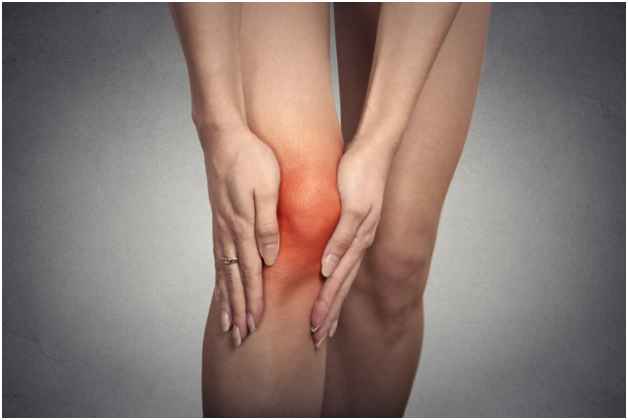Do you have pain in your joints or struggle to move? Joint pain can result from a variety of conditions and root issues. One of these is lower than normal levels of synovial fluid in the body.
This condition can, over time, cause permanent damage to joints. However, you don’t have to suffer needlessly. Don’t know how to increase synovial fluid?
In this article, we will take a closer look at the condition, how it happens, and how you can get help in treating and preventing it. So read on to learn!
Foods to Include in Your Diet
The right foods and diet can help to naturally increase the production of synovial fluid. Include foods rich in vitamin C, like oranges and bell peppers, as well as vegetables that are rich in sulfur, such as cabbage and broccoli. It can help your body create more fluid.
Foods with healthy fats, like avocados and olive oil, are also important to aid in production. Proteins, such as wild-caught fish and lean poultry, can help your body create the substance and provide other nutritional benefits.
Omega-3 fatty acids from sources such as salmon, sardines, and tuna are also beneficial. They help reduce inflammation.
Adding these foods to your diet, and staying away from processed and unhealthy foods, can help you maintain the production of synovial fluid to keep your healthy joints lubricated.
Exercise Routines
Exercising can be a great way to improve your joint health and help maintain synovial fluid production. The production of synovial fluid is important for joint lubrication and shock absorption.
A comprehensive exercise routine that can help to improve your joint health includes:
Strength Training
Strength-training exercises should focus on building muscle strength around the joint to ensure stability.
Strength Training
Aerobic activities, on the other hand, get your heart rate up while promoting healthy circulation of blood and fluids to the joint. This will help bring fresh oxygen and nutrients, as well as increase the production of synovial fluid in joints for lubrication.
Flexibility Exercises & Balance Training
Flexibility exercises will help to stretch and mobilize the joint, while balance training will help maintain muscle strength and stability.
When done consistently and correctly, comprehensive exercises for back pain relief can be a great way to enhance synovial fluid production in the joint and maintain joint health.
Non-surgical Treatments
Non-surgical treatments are used to improve the lubricating properties of the joint. These treatments are often recommended for joint pain caused by arthritis, bursitis, and tendinitis.
Non-surgical treatments may include:
- Physical therapy
- Immobilization
- Exercise
- Massage
- Stretching
- Ultrasound
- Injections of hyaluronic acid or corticosteroids
Dietary supplements are also available to improve joint lubrication. It helps to keep the fluid from becoming too thin.
Learn How to Increase Synovial Fluid Today
If you don’t know how to increase, well, remember that it is an essential part of maintaining healthy joint function. Taking specific steps to increase synovial fluid preservation, such as eating a balanced diet and increasing mobility, can help you maintain healthy and functioning joints.
Take action today and begin incorporating beneficial strategies to increase synovial fluid for healthy joint function!
Did you find this article helpful? Visit more of our blogs!

